We might not know each other personally, pandas, but if there’s one thing we can guess about you—it’s that you’re probably a curious soul. After all, you found your way here, ready to discover something fascinating or put your knowledge to the test.
That’s perfect, because we at We love feeding curious minds. And this roundup of posts from the Instagram page Mind Blowing Facts might just do the trick.
Scroll down, enjoy, and let us know which one surprised you the most. See you in the comments!
#1

#2

The great thing about fun facts? You can never have too many. The not-so-great part? You probably won’t remember them all. That raises a curious question: is there a limit to how much a person can actually know?
Turns out, there is. Sort of. But it’s not as straightforward as a fixed number.
#3

#4

Let’s start with a rough idea of our brain’s storage. There are about 100 billion neurons in the brain. But only around a billion of them are involved in long-term memory storage. These are called pyramidal cells.
If you assumed each neuron held just one memory, your mental storage would fill up surprisingly quickly.
“If you could have as many memories as neurons, that’s not a very big number,” Paul Reber, a professor of psychology at Northwestern University, told the BBC. “You’d run out of space in your brain pretty fast.”
#5

#6

But memory doesn’t work like saving files to a USB stick. Instead, researchers believe memories form through the connections between neurons, not just in the neurons themselves. Each neuron is connected to thousands of others, like train lines branching out from a central station.
#7
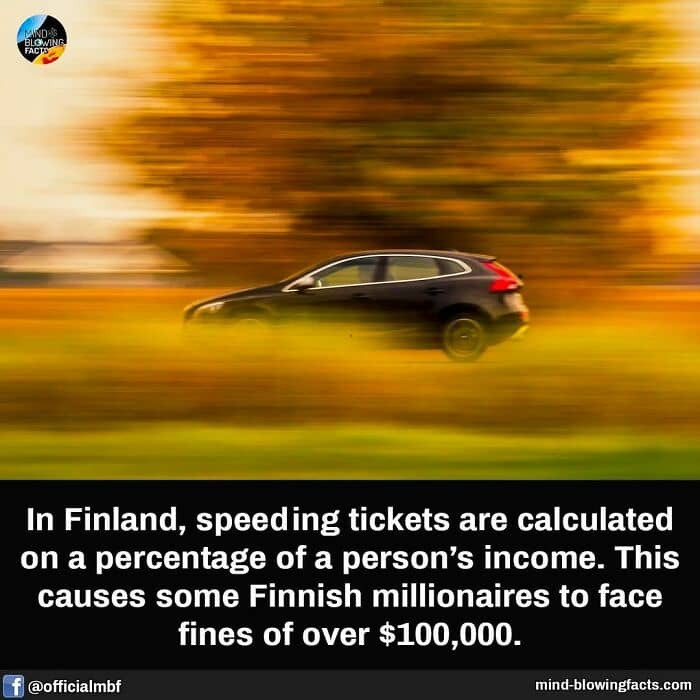
#8

#9

This web-like structure means bits of a memory can be spread across the whole network. That’s why something like the idea of a blue sky can appear in countless different memories of being outdoors.
#10

#11

#12

Reber refers to this system as “exponential storage,” where the brain’s capacity isn’t just big, it’s massive.
“Under any reasonable guess, it gets into the several petabyte range,” said Reber. One petabyte equals roughly 2,000 years’ worth of MP3s.
#13

#14

#15

Of course, we don’t know exactly how many connections a single memory requires, or if memory even works like a digital system at all, so it’s worth taking those comparisons with a grain of salt. Still, as Reber puts it: “You have tonnes and tonnes of space.”
#16
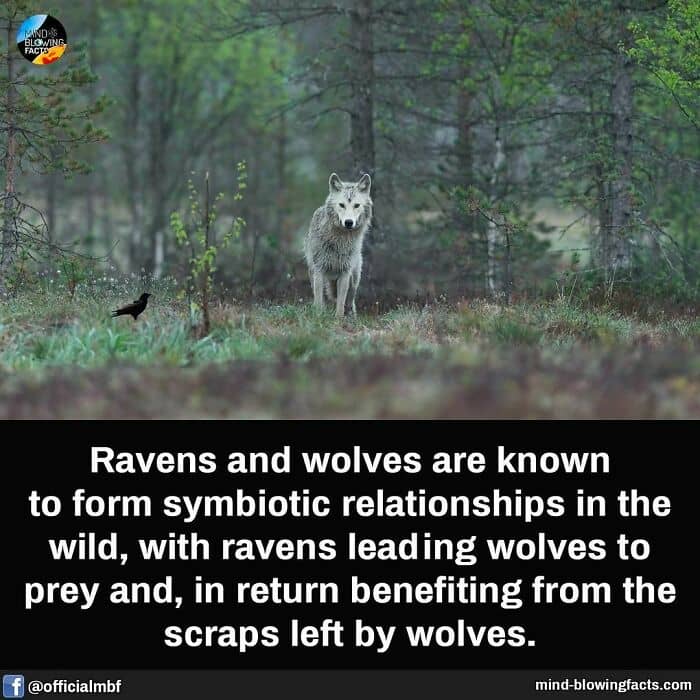
#17

#18
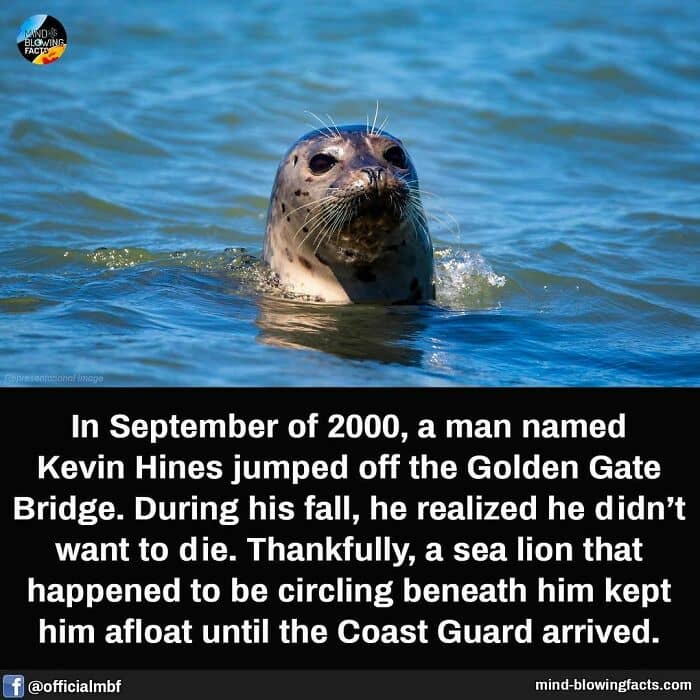
So why don’t we remember everything we ever come across?
That’s where things get more nuanced, argues Russell Poldrack, professor of psychology and neurobiology at the University of Texas at Austin.
First, there’s the issue of attention.
“We can only pay attention to a small number of things at once, and paying attention is usually necessary to create new memories,” he wrote. “Because we have only so many waking hours (and a good night’s sleep is necessary to create lasting memories), this limits how many new memories we can form.”
#19

#20

#21
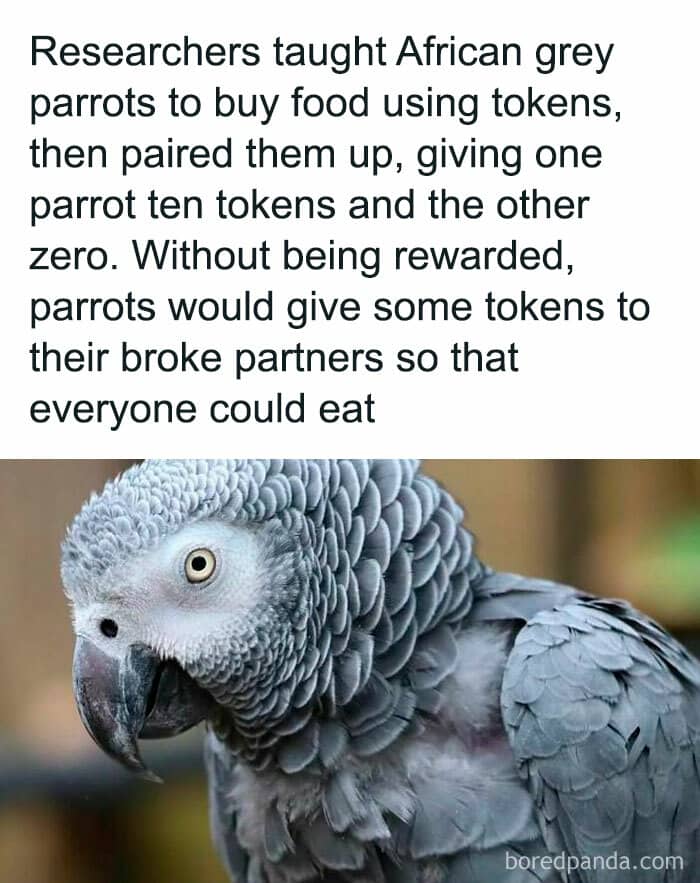
Another key factor is the order in which we learn things. The first time we learn something tends to leave the strongest impression. What comes later often sticks less.
Take phobias, for example. Once a fear of snakes is formed, it’s hard to undo. Even after therapy, that fear can return.
#22

#23

#24

There’s also the brain’s changing sensitivity over time. Research on language learning shows that the sounds we hear in our first year of life shape how we perceive speech later. That’s why it can be tricky for adults to learn sounds that don’t exist in their native language, like a Japanese speaker distinguishing “r” and “l” in English.
#25
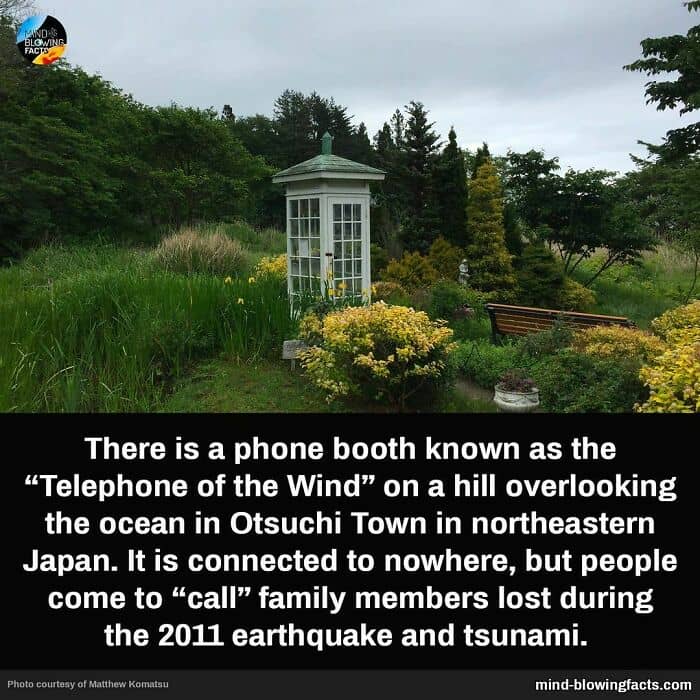
#26

#27

So rather than imagining the brain like a simple hard drive with a storage cap, it’s more like a constantly evolving, highly individual system. What we remember depends on attention, timing, development, and plenty of other factors that vary from person to person.
In the end, it’s not really a matter of hitting a limit. We just keep learning, and that’s the fun part. There’s no need to stress about not knowing everything. Just enjoy collecting cool facts along the way.
#28

#29

#30

#31

#32

#33

#34

#35

#36

#37

#38

#39
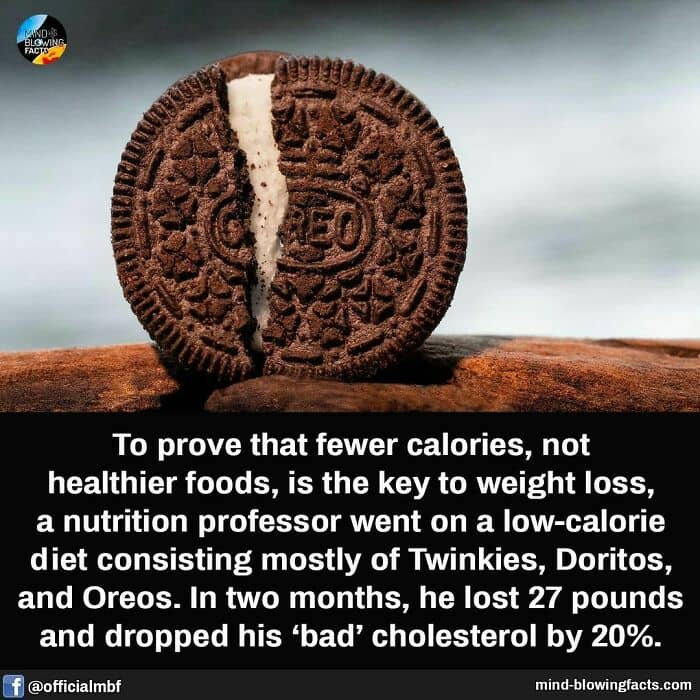
#40

#41

#42

#43

#44

#45

#46

#47

#48

#49
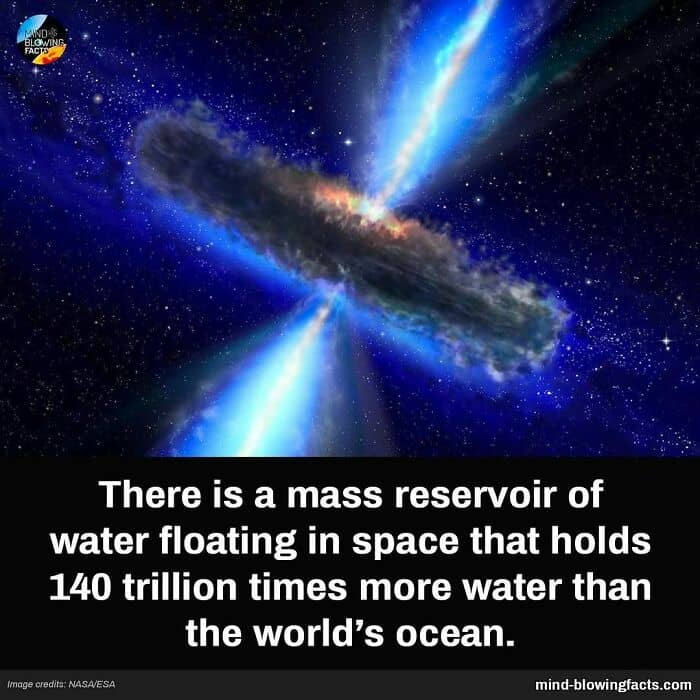
#50

#51

#52

#53

#54

#55

#56
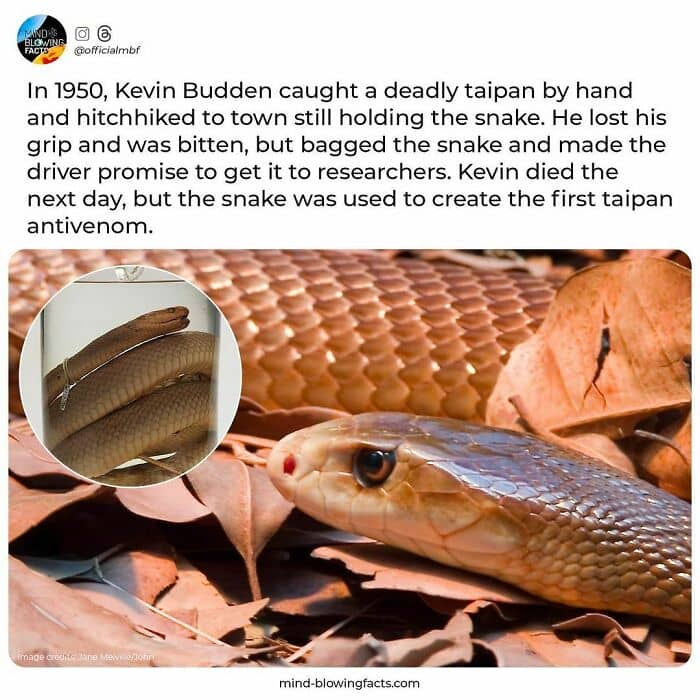
#57

#58
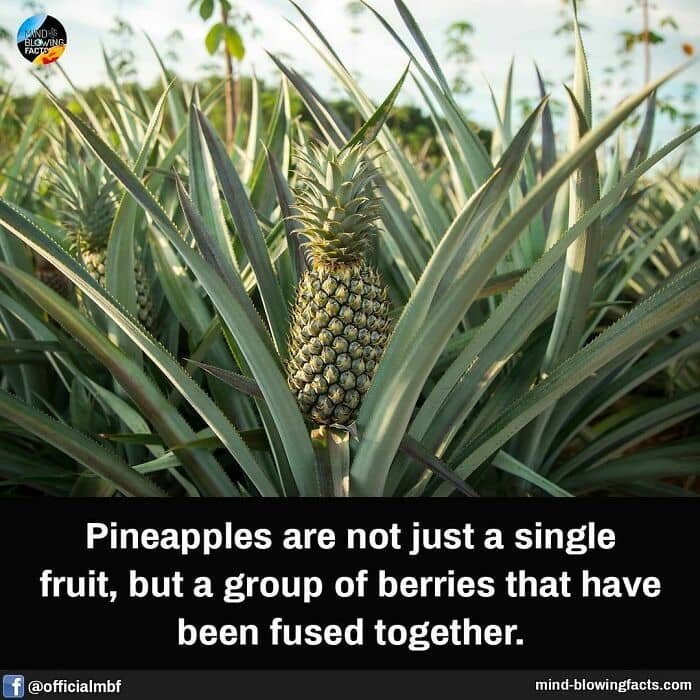
#59

#60

#61
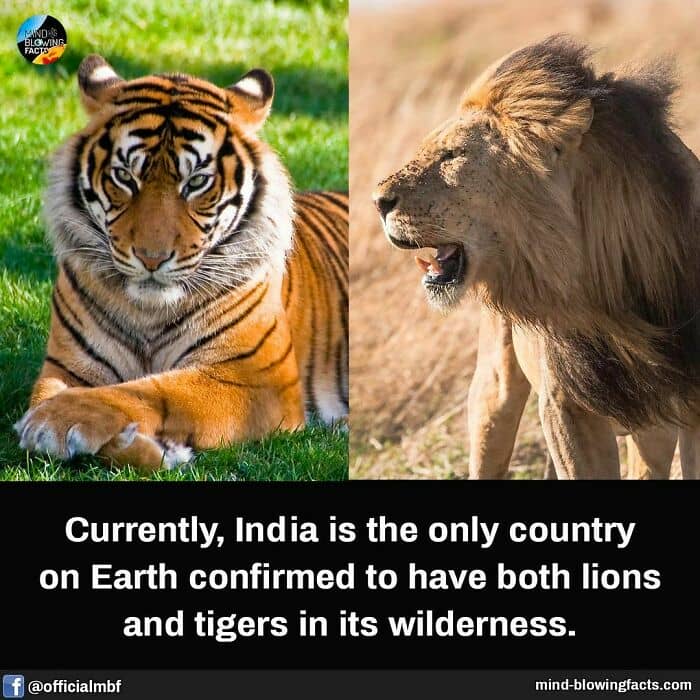
#62

#63
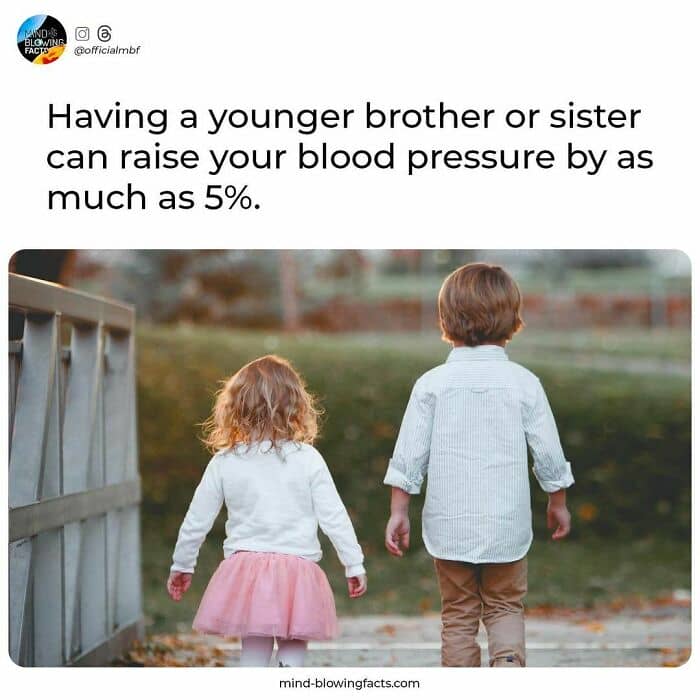
#64

#65
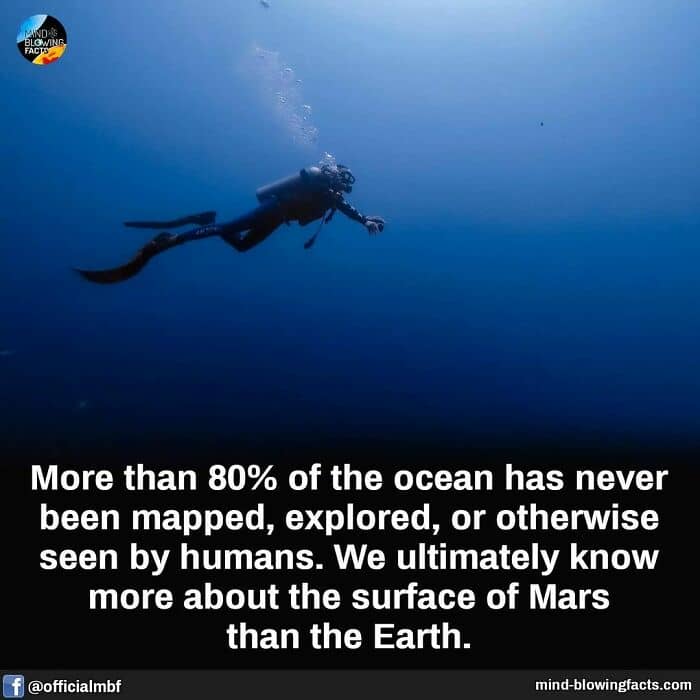
#66
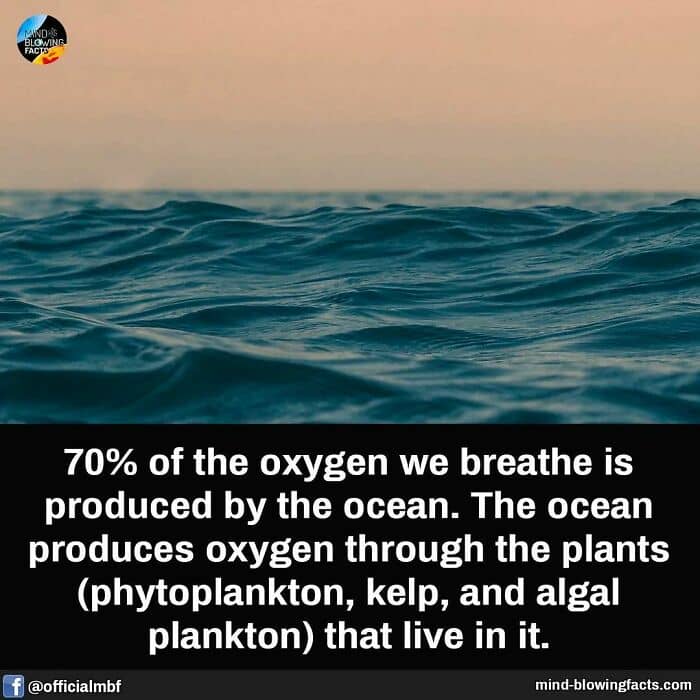
#67

#68

#69

#70

#71

#72

#73

#74

#75

#76

#77

#78

#79

#80
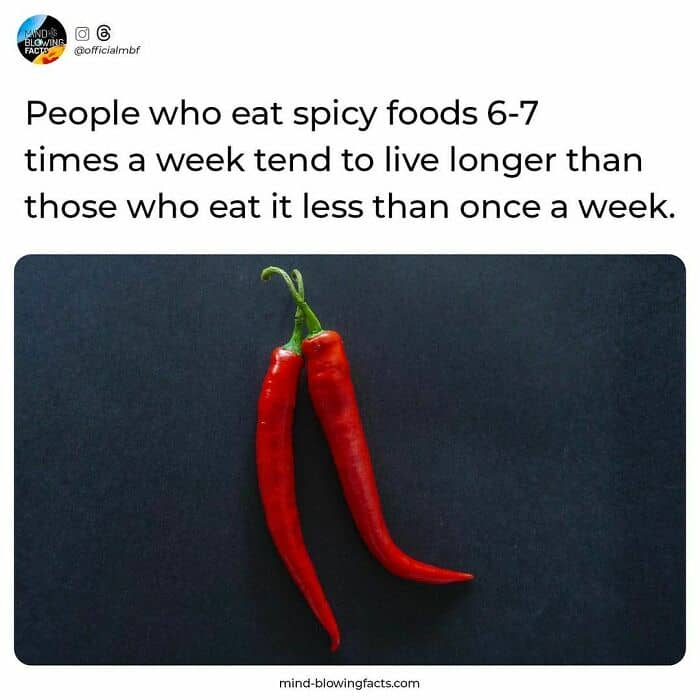
#81

#82
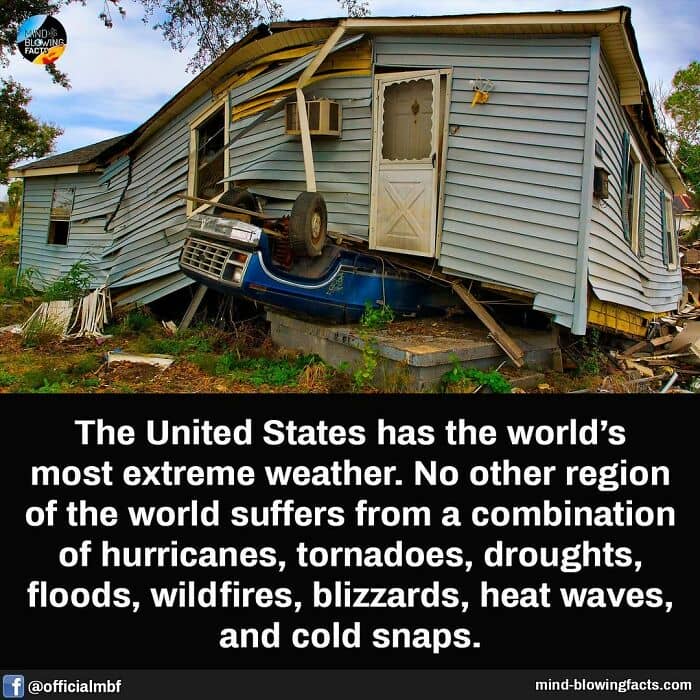
#83

#84

#85

#86

#87

#88

#89
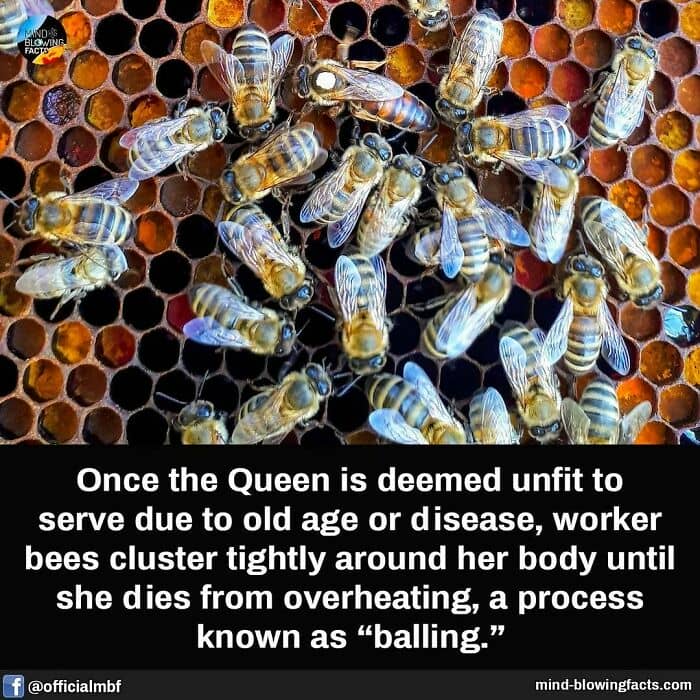
#90

#91

#92
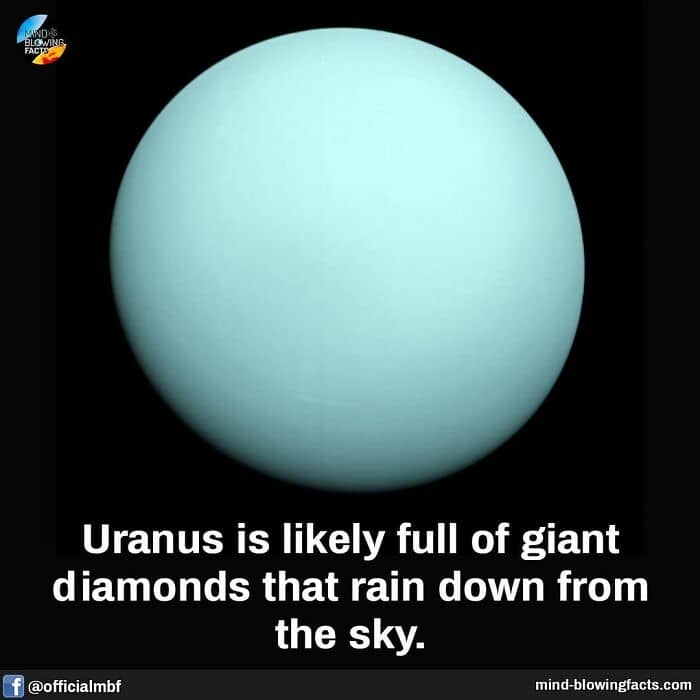
#93

#94

#95
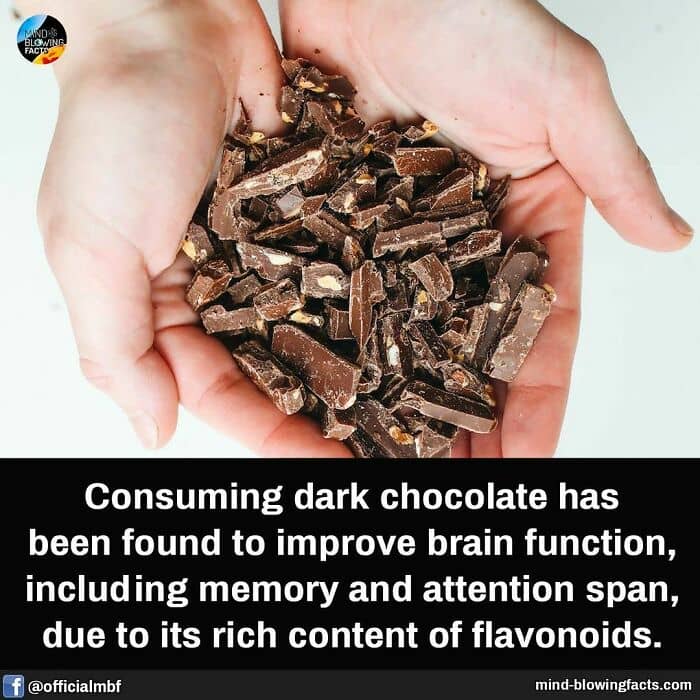
#96

#97
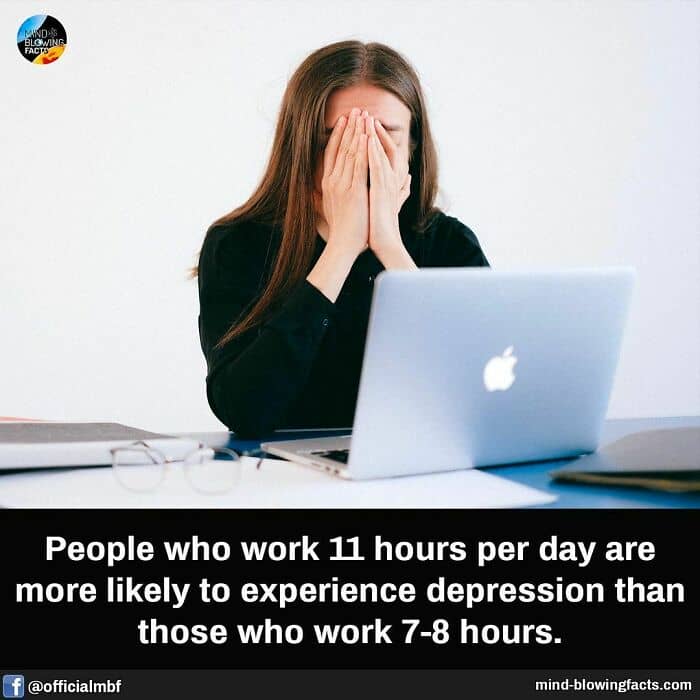
#98

#99

#100

#101
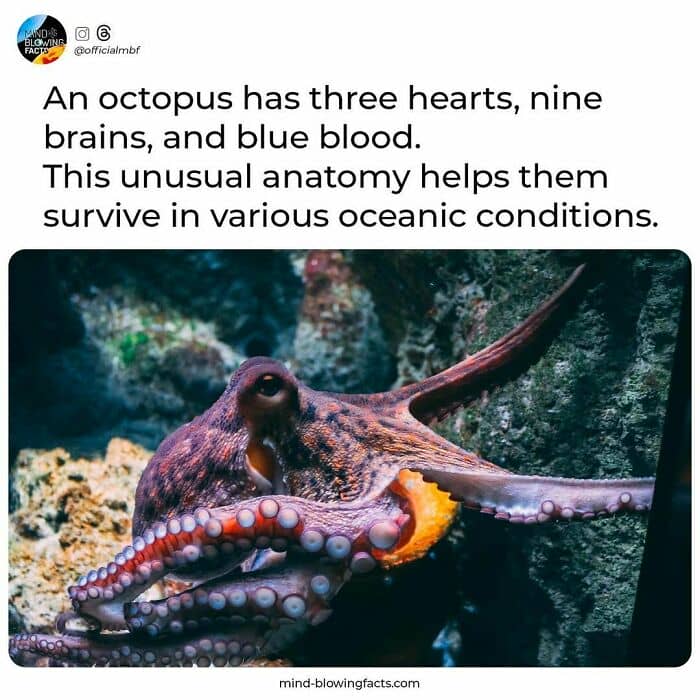
#102

#103

#104

#105

#106

#107

#108

#109

#110

#111

#112

#113
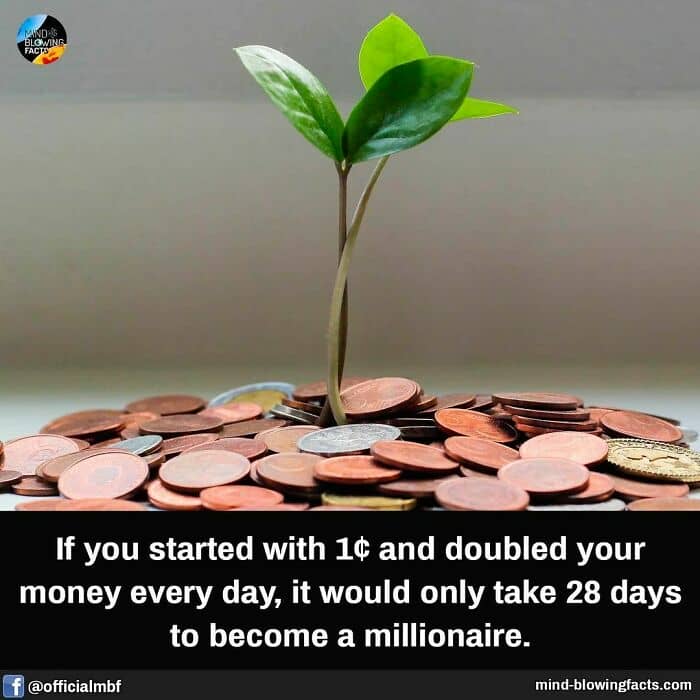
#114

#115

#116

#117

#118
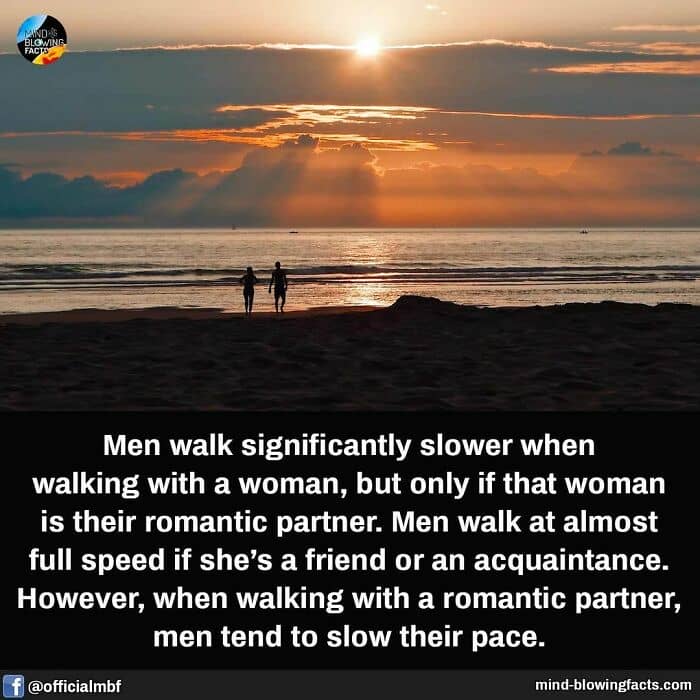
#119

#120

#121

#122
